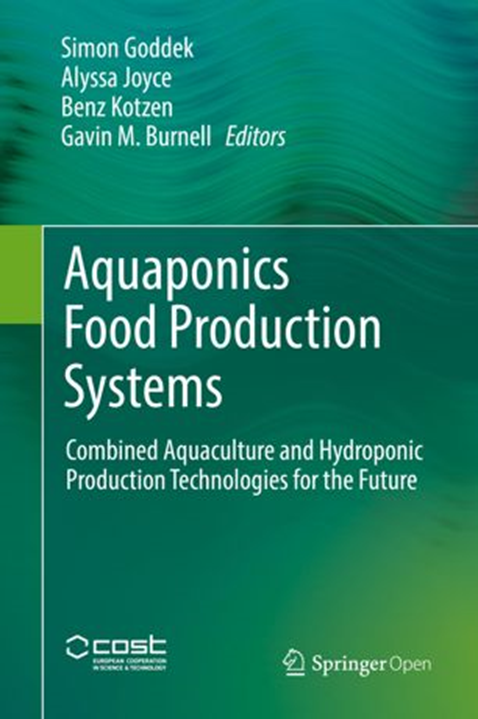Aquaponics and Global Food Challenges 03 Apr 2020

The following is an excerpt from “Aquaponics Food Production Systems - Combined Aquaculture and Hydroponic Production Technologies for the Future”, which is available to download for free here.
“As the world’s population grows, the demands for increased food production expand, and as the stresses on resources such as land, water and nutrients become ever greater, there is an urgent need to find alternative, sustainable and reliable methods to provide this food. The current strategies for supplying more produce are neither ecologically sound nor address the issues of the circular economy of reducing waste whilst meeting the WHO’s Millennium Development Goals of eradicating hunger and poverty by 2015.”

Aquaponics, a technology that integrates aquaculture and hydroponics, provides part of the solution. Although aquaponics has developed considerably over recent decades, there are a number of key issues that still need to be fully addressed, including the development of energy-efficient systems with optimized nutrient recycling and suitable pathogen controls. There is also a key issue of achieving profitability, which includes effective value chains and efficient supply chain management. Legislation, licensing and policy are also keys to the success of future aquaponics, as are the issues of education and research, all of which are discussed in the extremely popular book Aquaponics Food Production Systems - Combined Aquaculture and Hydroponic Production Technologies for the Future published in 2019.
Edited by ERI Researcher Prof Gavin M. Burnell, this open access book (already downloaded some 435k times!) written by world experts in aquaponics and related technologies, provides the authoritative and comprehensive overview of the key aquaculture and hydroponic and other integrated systems, socio-economic and environmental aspects. Aquaponic systems, which combine aquaculture and vegetable food production offer alternative technology solutions for a world that is increasingly under stress through population growth, urbanisation, water shortages, land and soil degradation, environmental pollution, world hunger and climate change.